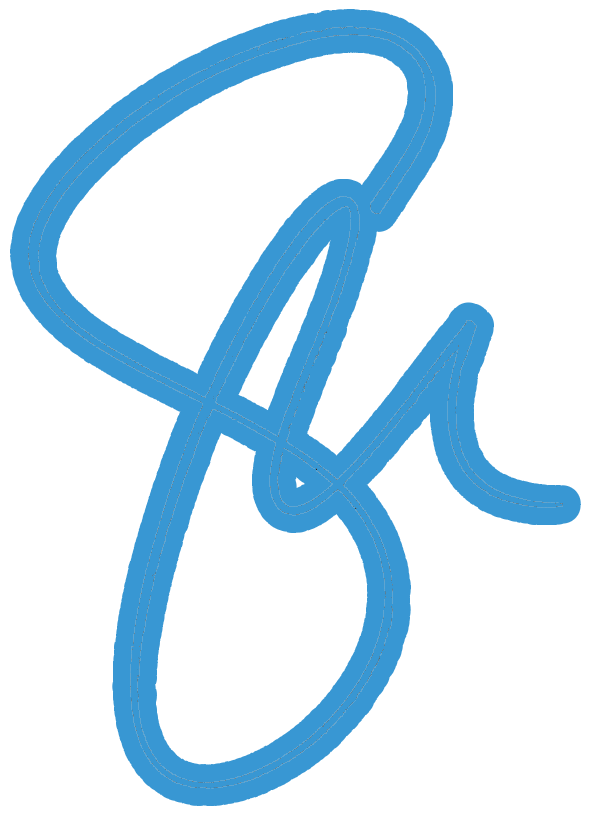Intelligence is commonly believed to be a natural gift, something we are born with and cannot change.
However, research has shown that intelligence can be developed and acquired through habits and practices.
The more that you read, the more things you will know. The more that you learn, the more places you’ll go. — Dr. Seuss
One such practice, which is highly recommended for those seeking to expand their cognitive abilities, is reading.
In this article, I will explore the significance of reading as a means to acquire intelligence, supported by solid references: books, quotes, and authentic websites.
Power of Reading
We all know that reading has long been associated with intelligence and personal growth.
Mortimer J. Adler, a philosopher, argued in his book “How to Read a Book: The Classic Guide to Intelligent Reading” that reading is about consuming information and engaging in dialogue.
By reading, we can explore different perspectives, refine our understanding, and develop critical thinking skills.
Moreover, reading is a stimulus for neuroplasticity, which refers to the brain’s ability to reorganize itself and form new neural connections throughout life.
A study published in the Journal of NeuroImage found that reading can change the brain’s structure, especially in areas related to language and comprehension.
Benefits of Reading
Reading exposes us to a wide range of words and language structures, enabling us to build a richer vocabulary and better grasp grammar.
According to a “Scientific Studies of Reading” study, the number of words we read is directly correlated to our vocabulary size.
Reading forces us to engage with complex ideas and arguments, enhancing our ability to analyze information.
Journal of Research in Reading found that reading comprehension significantly predicts critical thinking.
This study published in “PLOS ONE” showed that reading fiction could improve our ability to understand and share the feelings of others.
Reading exposes us to new ideas and information, expanding our knowledge base.
Many studies show that the more we read, the more we know, and the better our long-term memory.
How to Acquire a Reading Habit
Set realistic goals: Start by setting a painless goal, such as reading for 20 minutes daily or finishing one book monthly.
As you become more comfortable, gradually increase your reading time and frequency. For example, I did this 30+ days challenge to prove that developing a routine to read 20 pages per day is possible.
Choose books and articles that genuinely interest you, as you are more likely to stick with reading if you enjoy the content in the long run.
Set a specific time and place for reading each day, making it a consistent part of your daily routine.
Don’t limit yourself to physical books; consider exploring audiobooks, eBooks, and articles to keep your reading habit diverse and engaging.
Join with others who share your passion for reading can provide motivation, accountability, and a discussion platform.
The bottom line
Books are the quietest and most constant of friends; they are the most accessible and wisest of counselors, and the most patient of teachers. — Charles William Eliot
In conclusion, reading is a powerful and transformative activity that improves our lives in many ways.
Developing critical thinking, emotional intelligence, and empathy equips us to comprehend ourselves better.
To truly tap into these rewards, acquiring a reading habit, embarking on various genres, and connecting with like-minded people is vital in the long run.
Ultimately, reading is a crucial resource for personal growth and continuous learning.
Book recommendation: How to Read a Book: The Classic Guide to Intelligent Reading (amazon affiliate link)
Thank you for reading and clapping.




